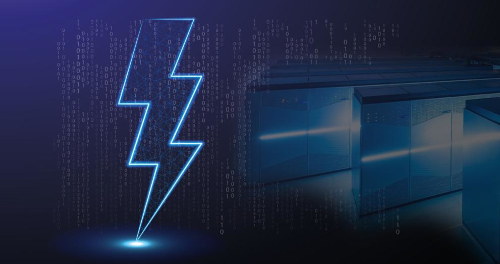Preparations are on track to receive the first European machine capable of performing a billion billion calculations per second. To better understand the power of this supercomputer, if each person (worldwide) performed one calculation per second, it would take four years to do what JUPITER will be able to do in a single second.
After knowing the center that will operate it – the Jülich Supercomputing Center in Germany – we now know that the contract has been officially signed between the EuroHPC Joint Undertaking (EuroHPC JU) and the companies ParTec – the German company that develops and manufactures modular supercomputers and quantum computers – and Eviden – the French ATOS Group, which specializes in advanced computing. “It’s a fundamental step towards achieving our goal of bringing exascale computing to Europe. With the combined expertise of our partners and EuroHPC’s continued commitment to strengthening European computing capacity, JUPITER will revolutionize the European HPC landscape and reinforce European excellence in HPC,” says Anders Dam Jensen, CEO of EuroHPC JU, in a statement.
The consortium is responsible for the acquisition, delivery, installation, hardware, software and maintenance of Europe’s first exascale supercomputer. Work is scheduled to begin in the first few months of 2024. From then on, it can be tested by users, in order to keep all the entities involved in close collaboration to build the best possible system.
JUPITER will make a difference by featuring SiPearl’s new Rhea processor – designed in Europe and based on the ARM architecture – combined with NVIDIA’s acceleration technology.
This decision to have the supercomputer’s main cluster run on ARM CPUs goes against the trend of using x86 chips: six of the machines in the world’s top 10 use them and only one opts for ARM. It’ll will be joined by JUPITER, which will thus be particularly capable of carrying out complex simulations, while at the same time being well prepared to receive future technologies, particularly quantum computing.
